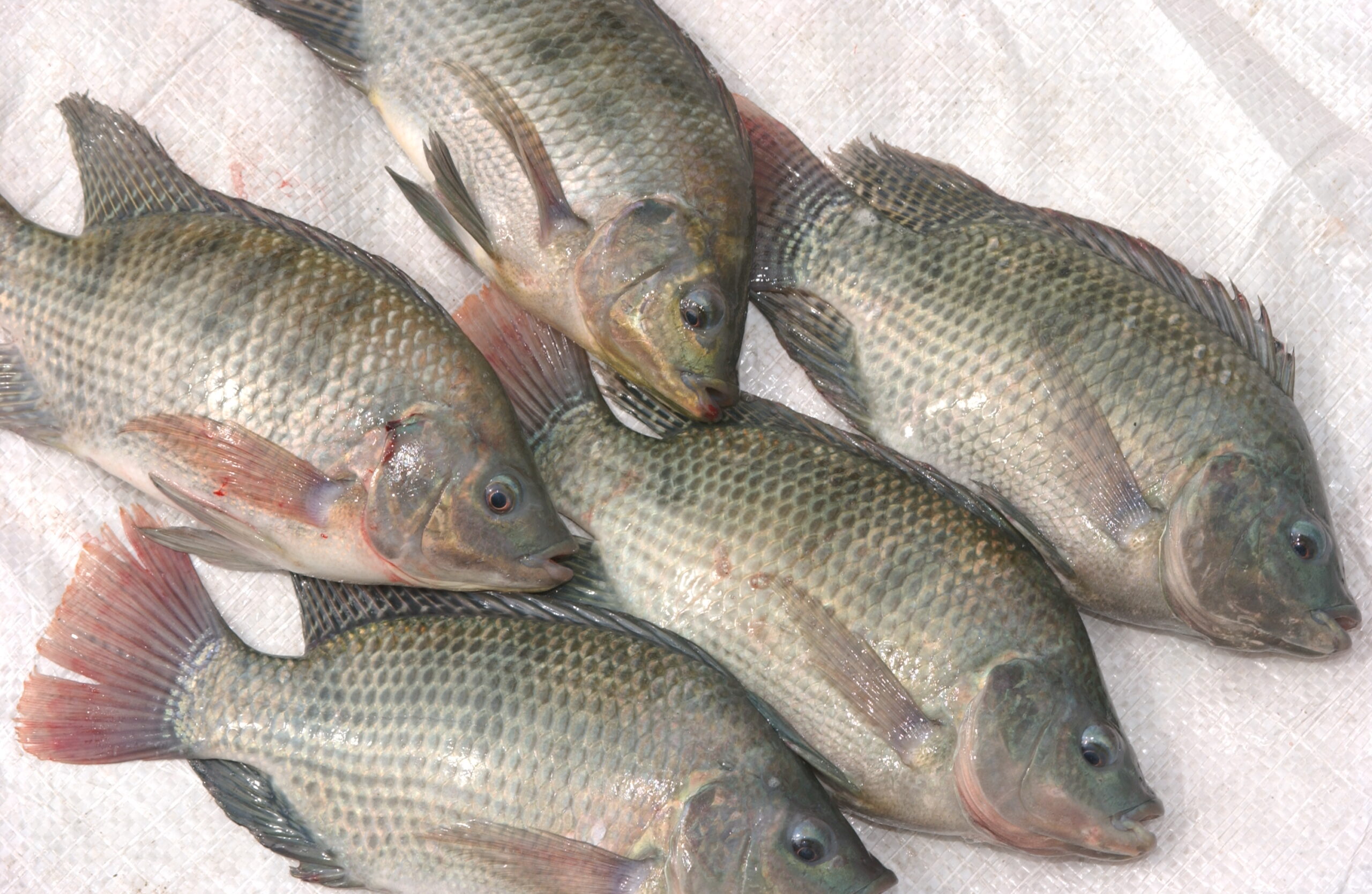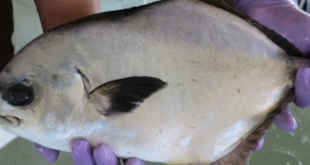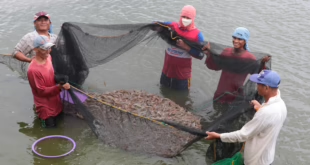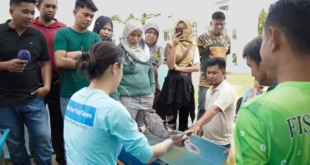 Tilapia is a popular fish that is farmed in many parts of the world. It provides income and nutrition to many rural families. However, tilapia farming also faces some challenges, such as bacterial diseases that can affect the health and productivity of the fish. Some of these bacteria can also infect humans and cause serious illnesses. Moreover, the use of antibiotics to treat these diseases can lead to the emergence and spread of antibiotic-resistant bacteria, which pose a threat to public health and the environment. A recently published paper reviews the most common and emerging bacterial diseases of tilapia, their zoonotic potential (to infect humans), and risk of antimicrobial resistance.
Tilapia is a popular fish that is farmed in many parts of the world. It provides income and nutrition to many rural families. However, tilapia farming also faces some challenges, such as bacterial diseases that can affect the health and productivity of the fish. Some of these bacteria can also infect humans and cause serious illnesses. Moreover, the use of antibiotics to treat these diseases can lead to the emergence and spread of antibiotic-resistant bacteria, which pose a threat to public health and the environment. A recently published paper reviews the most common and emerging bacterial diseases of tilapia, their zoonotic potential (to infect humans), and risk of antimicrobial resistance.
The paper stresses that tilapia farmers should be trained in hygiene at the farm as part of good aquaculture practices (GAP). Antimicrobial agents should also be responsibly used. The development and use of effective and reasonably priced vaccines for tilapia is also recommended.
SEAFDEC/AQD Scientist Dr. Rolando Pakingking co-authored the paper along with 16 other authors led by Dr. Olga Haenen from the National Reference Laboratory for Fish Diseases, Wageningen Bioveterinary Research (Netherlands).
You may request a copy of the article here: https://repository.seafdec.org.ph/handle/10862/6416.
 SEAFDEC/AQD Southeast Asian Fisheries Development Center | Aquaculture Department
SEAFDEC/AQD Southeast Asian Fisheries Development Center | Aquaculture Department



